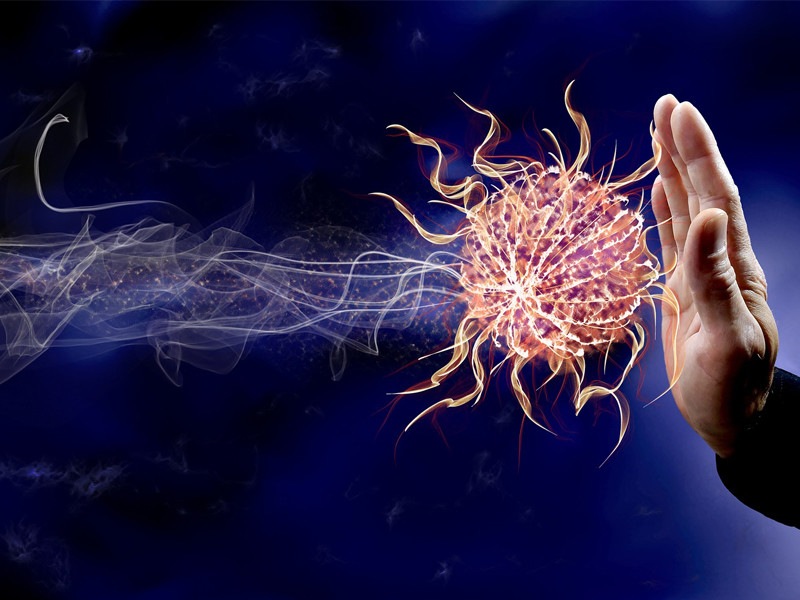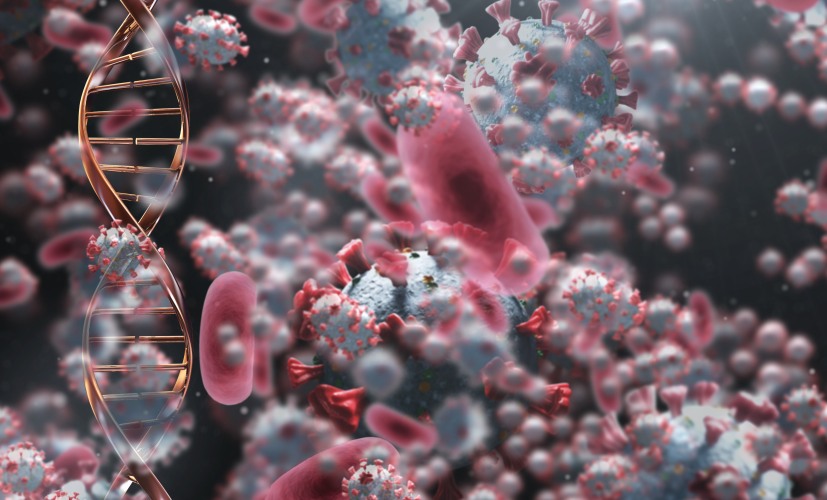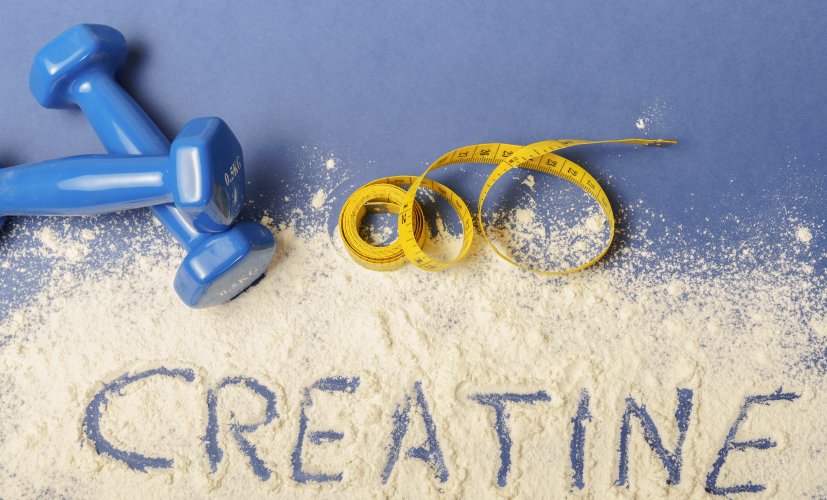
The human organism is a "universal fighter" against diseases. Nature has generously endowed it with the best defense forces in the form of personal immunity to protect us from all pathogenic viruses and bacteria.
The immune system begins to function within the first hours after birth and continues to improve throughout our lives. Therefore, the more we care about it, the better it protects our health.
Immunity is a complex system of biological processes involving various organs and cells in the body. Their goal is to build the body's resistance. For instance, the thymus and bone marrow produce leukocytes (white blood cells), which signal inflammation throughout the body. The skin and mucous membranes in the mouth and respiratory tract are "trained" to secrete when they detect pathogens. Sneezing and coughing are not symptoms of the flu, but rather simple reflexes controlled by the brain to expel "irritants." When necessary, various enzymes, chemical compounds, and bodily acids are activated to prevent dangerous microorganisms from entering the body.
The greatest advantage of immunity is that it consists of two complementary systems – innate and acquired. Their perfect interaction creates the protection that allows us to call ourselves "healthy."
INNATE IMMUNITY This is the immunity with which we are born. It is also called hereditary because it carries all the hereditary traits of previous generations. For example, if our parents rarely catch colds and the flu, we are likely to have similar resistance. Conversely, if we easily develop a high fever, we have inherited the organism's hyper-reactivity from our grandparents.
Whenever our health is in danger, leukocytes in the blood are the first to signal it. Through circulation, they penetrate throughout the body, and their elevated levels are unmistakable evidence of inflammation or infection. This is why one of the first tests doctors order before prescribing therapy is a complete blood count. It is usually combined with tests of secretions and urine, which reveal the true cause of the problem.
The innate immune system reacts quickly and easily recognizes most pathogens. Its drawback is that it activates only for a limited period and does not always manage to overcome the pathogens. A typical example is infections – if the symptoms subside within a week, the body has managed it. Otherwise, the disease prevails, and the next step is to consult a doctor.
ACQUIRED IMMUNITY This is the second level of defense that activates when the innate immune system is powerless. This immunity is called acquired because it is "trained" throughout our lives. Additionally, it is highly specialized in recognizing and attacking specific pathogens.
The development of this immunity begins immediately after birth with the administration of the first mandatory vaccines. They familiarize the body with some of the most dangerous viruses and bacteria that cause severe diseases such as tuberculosis, diphtheria, tetanus, whooping cough, polio, Haemophilus influenzae type B, measles, rubella, mumps, various pneumococcal infections, and others. In addition to these, modern medicine offers recommended vaccines for protection against various infections with influenza, meningococcal, rotavirus, coronavirus, papillomavirus (HPV), and others.
Acquired immunity is renowned for its "immunological memory" because it remembers each encounter with unknown pathogens. Upon subsequent encounters, the body not only flawlessly recognizes the "invaders" but also knows how to destroy them by activating its acquired immune response. This is why some viruses, such as chickenpox, only make us ill once in our lifetime.
WHEN THE SYSTEM TURNS AGAINST US... Yes, human immunity is not perfect, and sometimes (albeit rarely) its "mistakes" the true enemies. Cases where it identifies active body cells as harmful and begins to destroy them are called autoimmune diseases. These include multiple sclerosis, neurodermatitis, psoriasis, various rheumatic diseases, and others. In these cases, immunity functions entirely incorrectly, creating problems that, in most cases, have no solution.
The treatment of such conditions involves supportive therapies that suppress the immune system and make it weaker. This reduces the "attacks" on the body's tissues and cells, alleviating the symptoms of the respective disease. The negative effect is that this makes people with autoimmune diseases very susceptible to all kinds of infections, which can worsen their condition at any moment.
Unfortunately, Bulgaria does not maintain a register or have official statistics on the number of people with autoimmune diseases. Little is known about the causes that "trigger" them. Specialists claim that heredity plays a role to some extent, but there is currently no conclusive evidence. Therefore, doctors advise leading a healthy lifestyle, eating properly, and taking care of the immune system.
The immune system works daily – 24 hours a day, seven days a week, but in most cases, we are unaware of it. When the body's defense is good, it destroys pathogens "at the entrance." If we feel symptoms, it means we are under attack, and the body has mobilized all its forces to fight the invaders. If we fall seriously ill, it is a clear signal that the body cannot cope on its own and needs the support of another expert in fighting diseases – the general practitioner or a specialist doctor.
Listen to your body, take care of your immune system, and you will always enjoy good health.





